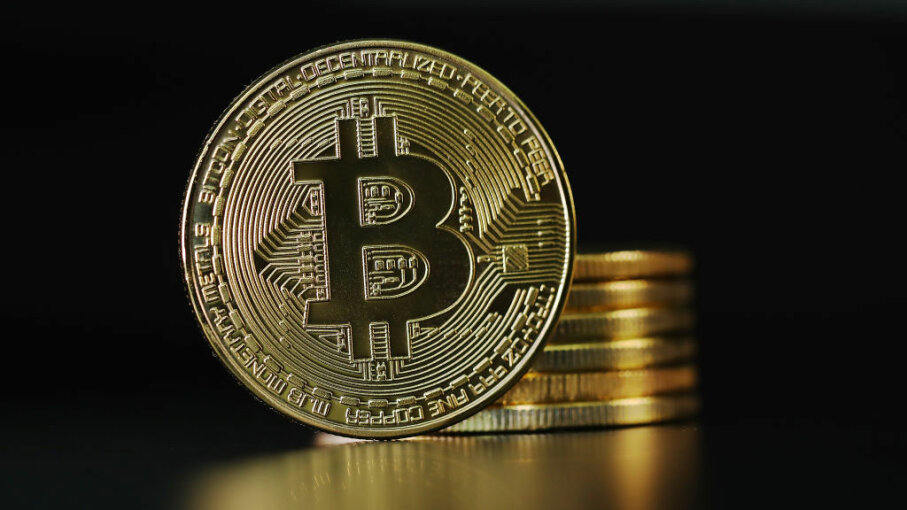Bitcoin used to be something like Schrodinger’s money. Without administrative spectators, it could profess to be cash and property simultaneously.
Presently the Internal Revenue Service has opened the container, and the virtual money’s condition is built up – in any event for government charge purposes.

The IRS as of late gave direction on how it will treat bitcoin, and some other stateless electronic contender. The short answer: as property, not money. Bitcoin, alongside other virtual monetary standards that can be traded for lawful delicate, will presently be treated much of the time as a capital resource, and in a couple of circumstances as stock. Bitcoin holders who are not sellers will be dependent upon capital additions charge on increments in esteem. Bitcoin “excavators,” who open the money’s calculations, should report their finds as pay, similarly as different diggers do while removing progressively customary assets.
Despite the fact that this choice is probably not going to cause a lot of choppiness, it is important. Since the IRS has made a call, financial specialists and bitcoin fans can push ahead with a progressively exact comprehension of what they are (practically) holding. A bitcoin holder who needs to conform to the duty law, as opposed to avoid it, presently realizes how to do as such.
I think the IRS is right in confirming that bitcoin isn’t cash. Bitcoin, and other virtual monetary standards like it, is excessively unsteady in esteem for it to practically be known as a type of money. In this time of skimming trade rates, the facts confirm that the estimation of about all monetary forms changes from week to week or year to year comparative with a specific benchmark, regardless of whether it’s the dollar or a barrel of oil. Be that as it may, a key component of cash is to fill in as a store of significant worth. The value of the cash itself ought not change radically from everyday or hour to hour.
Bitcoin absolutely bombs this test. Purchasing a bitcoin is a theoretical venture. It’s anything but a spot to stop your inert, spendable money. Further, as far as anyone is concerned, no standard monetary organization will pay enthusiasm on bitcoin stores as more bitcoins. Any arrival on a bitcoin holding comes exclusively from an adjustment in the bitcoin’s worth.
Regardless of whether the IRS’ choice will help or damage current bitcoin holders relies upon why they needed bitcoins in any case. For those planning to benefit legitimately from bitcoin’s changes in esteem, this is uplifting news, as the standards for capital increases and misfortunes are moderately good to citizens. This portrayal likewise maintains the way some prominent bitcoin doubler including the Winklevoss twins, have announced their income without clear direction. (While the new treatment of bitcoin is pertinent to past years, punishment alleviation might be accessible to citizens who can exhibit sensible reason for their positions.)
For those planning to utilize bitcoin to pay their lease or purchase espresso, the choice includes unpredictability, since spending bitcoin is treated as an assessable type of deal. The individuals who spend bitcoins, and the individuals who acknowledge them as installment, will both need to take note of the honest evaluation of the bitcoin on the date the exchange happens. This will be utilized to compute the high-roller’s capital increases or misfortunes and the beneficiary’s reason for future additions or misfortunes.